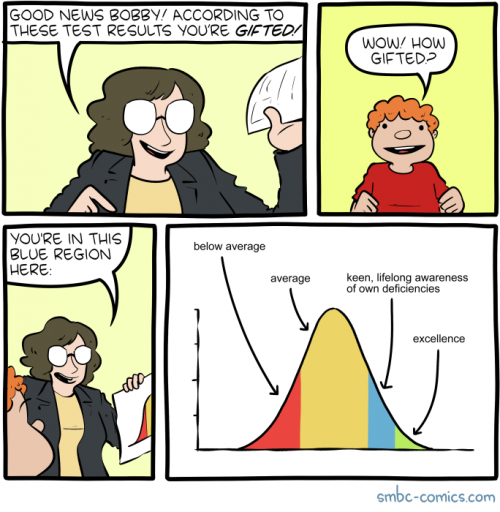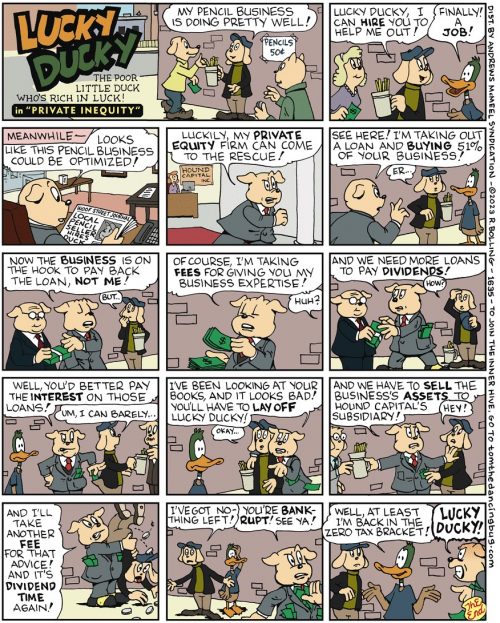I have turned in all my grades, and it’s beginning to sink in that there will not be a relaxing summer of relaxation. We’ve got an arachnology conference coming up at the end of June — the core data is all done, but we’ve got some details to fill in and lots of pretty photos to take, and we have an ongoing project in putting together a staging series. We’re also going to make some field trips throughout the summer to get out of the lab and see some sunshine and more exotic spiders. I’m also reviving my course in developmental ecology next spring, so I’ve got to do all the prep work for that this summer.
I just want to take a nap.








